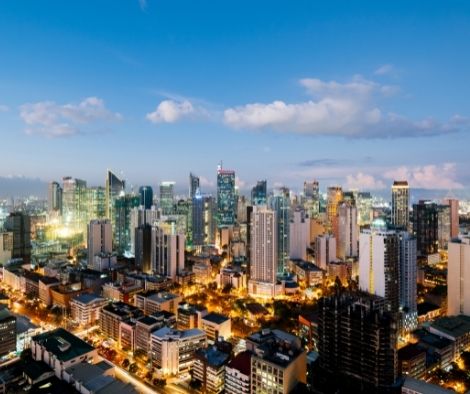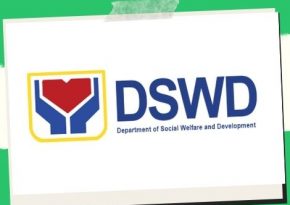
DBP and CDA sign a memorandum of understanding to help cooperatives grow
The Cooperative Development Authority (CDA) and the state-owned Development Bank of the Philippines (DBP) have signed a memorandum of understanding (MOA) to promote cooperative businesses in the Philippines via better access to bank financing and capacity-building programs.
DBP president and CEO Emmanuel Herbosa said the bank’s collaboration with CDA gives customers access to the bank’s loan programs as well as financial and operational management training.
“DBP is delighted to collaborate with CDA on this project since we will be able to effectively reach out to more cooperative businesses in the nation who need both finance and mentoring,” Herbosa added.
DBP is the country’s sixth-largest bank by assets, and it lends to four key economic sectors: infrastructure and logistics, micro, small, and medium businesses, the environment, and social services, and community development.
The Cooperative Development Agency (CDA) is the main government agency in charge of supporting the long-term growth and development of cooperatives throughout the nation.
According to the most recent official statistics, the CDA has 18,065 cooperatives registered.
DBP will initially provide financing assistance to eligible cooperatives under three programs, according to Herbosa: the Expanded Rice Credit Assistance Under Rice Competitiveness Enhancement Fund (ERCA-RCEF), the DBP RESPONSE to Accelerate MSME Recovery (DBP RESPONSE-MSME Recovery), and the DA-Agricultural Credit Policy Council-DBP BuyANIhan credit program.
To guarantee project viability and sustainability, he said CDA would support DBP in identifying cooperatives that are ready to seek the bank’s financial assistance.
“DBP sees our cooperative businesses as catalysts for rural development. As a result, it is our objective to reach out to them, with the ultimate goal of enhancing the livelihood of our cooperative members as they work to recover from the pandemic’s effects,” Herbosa said.
The ERCA-RCEF is a loan facility to help rice farmers and cooperatives, while the DBP RESPONSE-MSME Recovery aims to help micro, small, and medium businesses recover faster during the economic downturn brought on by the epidemic.
The BuyANIhan credit program, on the other hand, seeks to increase the direct involvement of rice cooperatives in the industrial value chain by providing financing for operating capital needs.
Save/Share this story with QR CODE
Disclaimer
This article is for informational purposes only and does not constitute endorsement of any specific technologies or methodologies and financial advice or endorsement of any specific products or services.
📩 Need to get in touch?
Feel free to Email Us for comments, suggestions, reviews, or anything else.
We appreciate your reading. 😊Simple Ways To Say Thanks & Support Us:
1.) ❤️GIVE A TIP. Send a small donation thru Paypal😊❤️
Your DONATION will be used to fund and maintain NEXTGENDAY.com
Subscribers in the Philippines can make donations to mobile number 0917 906 3081, thru GCash.
3.) 🛒 BUY or SIGN UP to our AFFILIATE PARTNERS.
4.) 👍 Give this news article a THUMBS UP, and Leave a Comment (at Least Five Words).
AFFILIATE PARTNERS

World Class Nutritional Supplements - Buy Highest Quality Products, Purest Most Healthy Ingredients, Direct to your Door! Up to 90% OFF.
Join LiveGood Today - A company created to satisfy the world's most demanding leaders and entrepreneurs, with the best compensation plan today.



 Business Technology, Finance Technology & Information Technology
Business Technology, Finance Technology & Information Technology





